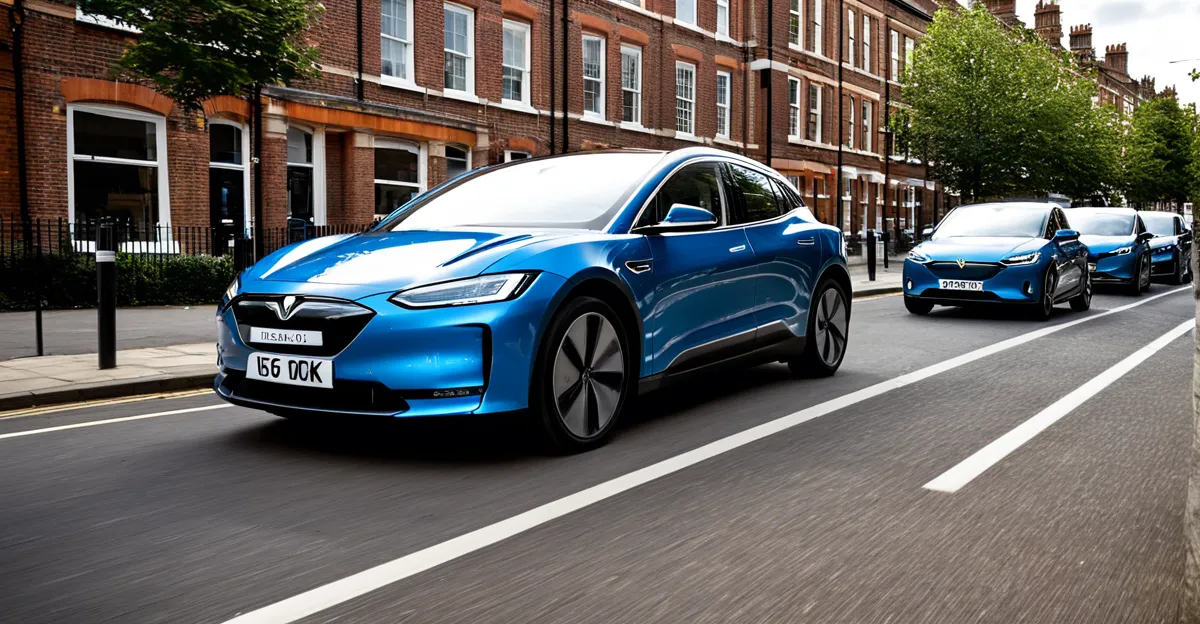Impact of Emerging Electric Vehicle Technologies on Urban Transportation
Electric vehicle technology advancements are rapidly reshaping urban transportation, particularly in UK cities where demand for cleaner and smarter mobility options is rising. Recent breakthroughs include improvements in battery chemistry that significantly enhance EV range and reduce charging times. These battery innovations not only allow drivers to travel longer distances but also enable faster turnaround times at charging stations, making electric vehicles more practical for daily urban commutes.
Moreover, the integration of autonomous driving and connected vehicle technologies is transforming how people navigate city streets. Autonomous features can optimize traffic flow, reduce congestion, and improve safety by minimizing human error. Connected EVs communicate with urban infrastructure, enabling real-time traffic management and dynamic route adjustments. Such advancements contribute to a smoother, more efficient urban transportation ecosystem.
Have you seen this : How Could Electric Vehicles Impact the Future of UK Transportation?
Together, these technological developments promote sustainability and convenience in UK cities, supporting the shift away from fossil fuel-dependent transport. As electric vehicle technology advancements continue, they promise not only to reduce environmental impacts but also to enhance overall commuting experiences in dense urban environments.
Expansion of Electric Vehicle Infrastructure in UK Cities
Expanding EV charging infrastructure in the UK is crucial to support increasing electric vehicle technology advancements. UK cities are witnessing rapid growth in fast-charging networks, aiming to reduce waiting times and improve convenience for EV users. This expansion strategically targets high-traffic areas and urban centers, ensuring accessibility and encouraging wider EV adoption.
Additional reading : How is innovation driving change in the UK automotive industry?
Public charging stations have significantly increased in both number and sophistication. Urban infrastructure upgrades include modernising public transport depots and shared mobility hubs with dedicated EV charging points. This integration is essential for seamless use of electric buses and shared vehicles, reflecting a holistic approach to urban transportation.
City planners are actively embedding EV infrastructure within broader urban planning initiatives. This integration supports sustainable mobility goals and optimises space by combining charging facilities with existing amenities, such as parking lots and residential complexes. By aligning EV infrastructure with city development, UK cities enhance user experience and promote efficient urban transport networks.
These efforts collectively address key barriers to urban EV adoption, ensuring that rising demand is met with sufficient, reliable charging options. The ongoing upgrades create a robust framework supporting the transition to electric vehicle technology advancements within UK urban environments.





